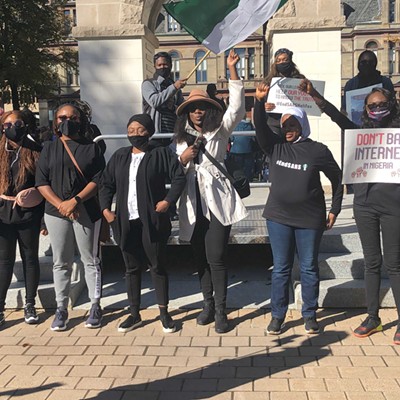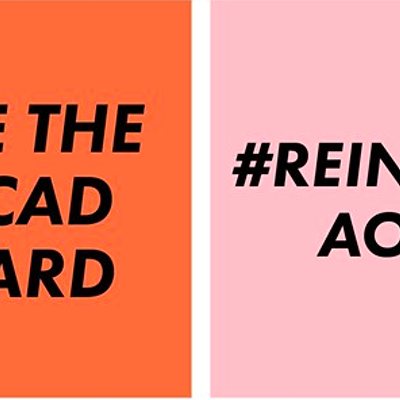A couple of weeks back the city got around to issuing an RFP for public Wi-Fi. It’s part of a $50-million capital upgrade plan, and is designed to “enhance the experience of residents” while supporting “Halifax’s growing reputation as an innovative, forward-thinking city.”
Okay, sure. There’s already 20 Canadian cities and plenty of other #WorldClass towns that offer such a service. Based on the initial test zone (from the waterfront to King’s College, and from Young to SMU) it’s mostly for students and tourists, but there are worse ideas.
Interestingly, while there was some discussion that week about the Wi-Fi, on the same day the city quietly gave away a tender for social media monitoring software that Halifax Regional Police will use for tracking public activity. The $74,000 contract, which was awarded to Colorado-based company Cosain, calls for "social scrubbing software” which will monitor sites “including, but not limited to” Facebook, YouTube, Instagram, "blogs and others as defined by the user."
Skimming social media data is the latest trend in policing, though many departments have a hazy definition of what counts as “public” information. Anything you’ve made private is often fair game provided it can be accessed through your friends’ accounts. Sometimes, that means the creation of fake online identities to befriend suspects.
"A college campus police investigator in Boston recently told Security Management magazine that he created fake identities to watch people and used a profile image his targets might 'consider attractive.'"
This can be used to say, track gang affiliations. More innocently, it could be used to track medical marijuana affiliations. Either way, Halifax Police will now be able to do it on a widespread scale.
The HRP’s new program is capable of searching specific geographic areas, and performing both real-time and historical monitoring of posts, pictures and videos. The RFP says the city will use the service to track locations, canvass for potential witnesses and assist in online bullying investigations (which, they could use the help there).
Don’t worry though, even if you haven’t committed a crime, the police will still be able to keep track of you by monitoring “various communities comments” and gathering information during “significant events” (a label that applies to both “active shooters” and “protests”).
Given the bold new Wi-Fi network to be installed downtown, there’s also a concern the program will extend its definition of “public” to anything a user does on public Internet. That’s something police in Seattle already want. Halifax Regional Police say their new app probably isn’t designed for that much surveillance, but they’re not sure yet.
“All we have at this point, all we know, the purpose is to navigate open source social media," says Const. Holly Tooke. The Police spokesperson says the software will be used for "anything open for the public to view," but admits they won’t have “all the details” on its limits until the officer training is complete.
Even if the police never get around to tracking your data through public Wi-Fi, you can at least rest easy knowing the service provider will. Part of the city’s RFP allows for “additional revenue” to come from both online advertising and the “collection and sale of analytics.” So you might want to stick to your data.
















